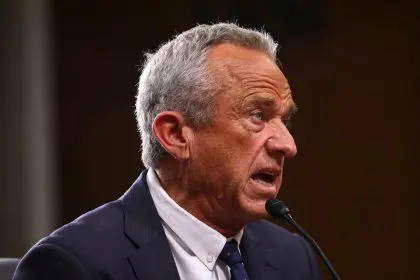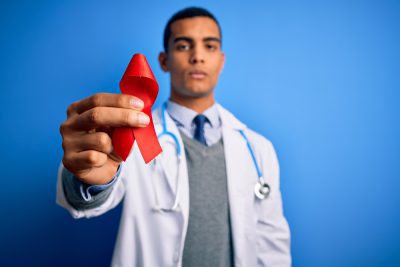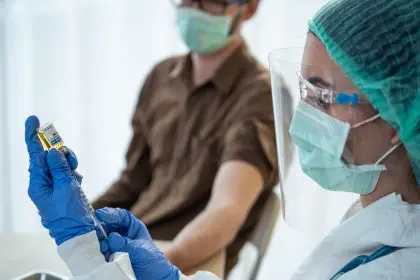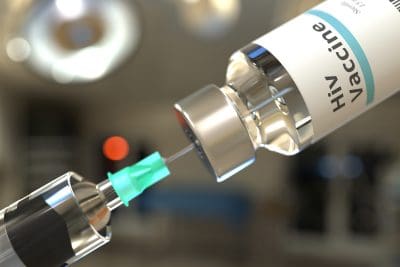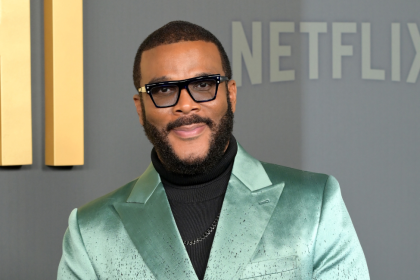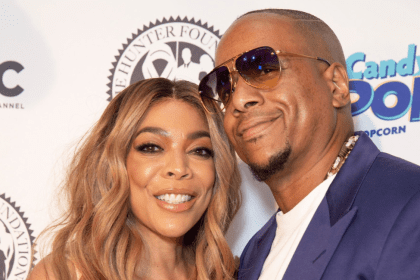
Against a 30-year backdrop of stigma, discrimination and fear, Phill Wilson, president and chief executive officer of the Black AIDS Institute has a powerful vision to build an AIDS-free Black America.
“AIDS is our problem, impacting our people and we must create viable solutions,” said the longtime AIDS activist. “Black people often forget how great we are as a people. We’re greater than slavery, the Middle Passage, Reconstruction, Jim Crow and three recessions. I believe that we have the resources, innovation and willpower to end AIDS in Black America.”
Wilson’s vision to end AIDS has led to the formation of the Black AIDS Institute in 1999. The Institute is the only U.S. organization that addresses HIV/AIDS policy, treatment, research and prevention issues focused exclusively on Black people. With chapters in fifteen cities, the Black AIDS Institute is one of the leaders in the fight to end AIDS. But the battle has been both deadly and costly.
After losing friends to the virus and witnessing its devastating impact on communities of color, Wilson expanded his fight against the disease on all fronts — from policy to research, to promoting inclusiveness of Blacks in clinical trials, to creating and cultivating others to design more culturally relevant prevention models. “I can’t just walk away,” Wilson says. “Yes, HIV/AIDS fatigue does set in at times but I can’t stop or turn my back on my community. This battle is truly winnable because HIV is 100 percent preventable. So we need to make sure that people are aware of their status, get educated, get access to treatment immediately if they are positive and stay compliant with their treatment.”
Wilson credits strong partnerships with other health and social service organizations working on social issues such as affordable housing, mental health or employment as critical links. In addition to training, policy development, advocacy, testing and counseling, the Institute also hosts an annual celebrity-packed World AIDS day tribute called Heroes in the Struggle. This year’s producer, director, and activist was Lee Daniels, creator of the hit television series “Empire” who was honored along with a host of others.
“One agency can’t fight this disease alone. It takes committed people and groups working in all areas to address AIDS from politicians to scientists, to the HIV-positive young person who has a personal story to share with others, we all have a part in this war,” says Wilson.
The daunting news is that African Americans still remain at the epicenter of the deadly disease. While African-Americans and other black communities only represent 12 percent of the U.S. population, they are nearly half — 44 percent — of all new HIV infections reported to the Centers for Disease Control and Prevention. Further, the greatest impact of new infection rates is among young Black gay and bisexual men.
“It’s a terrible blow for young men who learn of their HIV status but don’t really understand what they should do now that they have it,” says Wilson. “So education, awareness and getting positive people immediately into treatment as prevention remains paramount to help save lives.”
Wilson also reminds us that when HIV was first reported 30 years ago, there was misinformation, stigma, blame and discrimination in the black community. “Many Black people said that AIDS was just a White, gay, male disease. I knew they didn’t understand the disease or its dynamics,” says Wilson. “From its beginning, AIDS has always been a Black disease affecting our community disproportionately than others.” Wilson cites the initial atmosphere of blame, stigma and shame for creating an environment where many African Americans did not truly understand how to protect themselves from acquiring AIDS or delayed treatment or testing because of fear of ostracism and homophobia.
“Despite the wealth of education over the last 30 years, many Blacks still didn’t know the science of the disease, how to prevent it, and if they acquired it, what treatment options are now available to them.” Wilson concedes that accessing treatment can be challenging. It may not be available or easy to reach without transportation or in some small, rural towns, no one wants to be seen at the HIV/AIDS clinic. It still has a dire social stigma that can lead to a loss of employment, partner violence or homelessness.
Wilson understands how complex the battle is to end AIDS in Black America. Yet, he remains a man focused on this very mission. He believes that awareness, education, prevention, access to quality care, treatment and compliance as the best tools for the eradication of HIV/AIDS in Black America.
For more information about the Black AIDS Institute and to donate funding to support its programs, visit: www.blackaids.org or contact 1833 W 8th St, Suite 200, Los Angeles, CA 90057-4920, Phone: 213-353-3610 and 213-989-0181 (FAX).
Vickie Elisa is an Emmy, Telly and Addy Award-winning television producer and health communications consultant.

